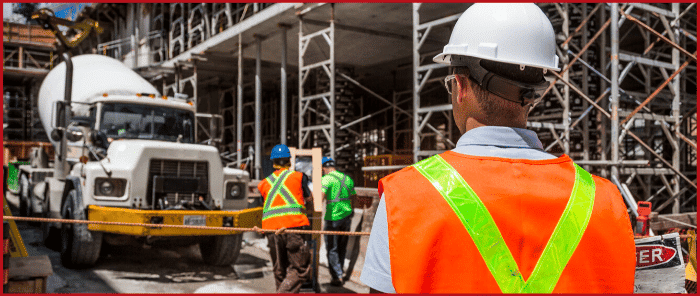When a construction contractor becomes insolvent, its subcontractors are at risk of not being paid for their work. This is because, absent special statutory protections (proposals for which are the concern of this paper), the legal status of a subcontractor, vis a vis the party that has engaged it to carry out the subcontracted works, is that of an unsecured creditor. This means that, when proving its debts in insolvency, the order of priorities for payment is as follows:
- First, the insolvent contractor’s employees, – their rights are protected under section 556 of the Corporations Act 2001;
- Secondly, the secured creditors of the insolvent contractor, in particular their lenders ; and
- Thirdly, the subcontractors of the insolvent master contractor .
The principal of an insolvent contractor might complain of being in the same predicament. However, principals typically have recourse to commercially valuable statutory[1], contractual[2] and equitable[3] set-off rights that subcontractors do not have. Recent case law has even cast doubt on the right of those subcontracted to insolvent parties to invoke security of payment legislation.[4]
Two paths are proposed towards better protection of subcontractor payments in the event of upstream insolvency. These involve:
- the declaration, by statute or contract, of two varieties of trust over monies paid, or to be paid, by principals to contractors, on account of construction work carried out by subcontractors; and
- the grant to subcontractors, either by statutory deeming provisions or by contract, of security interests under the Personal Property Securities Act 2009 (PPSA) which are then proposed to be given a degree of priority over competing security interests.
So what are the proposed solutions?
- Project bank accounts
Most recently, the WA Government[1] and Queensland’s legislature[2] have adopted project bank accounts (PBA) to quarantine payments for certain government works,[3] to the benefit of the contractors and subcontractors that carry out those works. That protection is intended to pervade the entire contracting chain.
- There are objections to the PBA model based on perceived complexity, red tape and cash flow restrictions.
Statutory, declared trusts
To simplify the administrative complexity of PBAs, the parliamentary reports of Murray[4] and Fiocco[5] propose statutory, declared trusts model instead. where: The main advantage of this model over PBAs is posited to be that the funds in the contractor’s trust account may be applied in payment of the contractor and subcontractors across the contractor’s portfolio of projects in a way that would not be allowed by the quarantining of funds in PBAs.
Neither trust structure will work without PPSA protections
PBAs and statutory trusts may help protect subcontractors’ payment claims from being set off against a principal’s defect and delay claims following a head contractor’s insolvency. This is made possible by giving what is known as the “beneficial interest” in the payment claims (basically, the right to use and enjoy the payments being claimed) to subcontractors who, as beneficiaries of the PBA, are separate from the insolvent head contractor that may be liable to the principal for defects and delays. By separating the principal’s defect and delay claims from the subcontractors’ payment claims, PBAs may be seen to destroy the “mutuality” that must exist between those claims before one can be set off against the other.
For contractors and subcontractors awaiting payment from an insolvent head contractor, this is good, but not good enough. What is missing is protection from the claims of the insolvent contractor’s secured creditors, particularly banks. Contractors seeking a competitive edge against secured creditors will need:
- A written security agreement;
- Priority creditors’ agreement to subordinate competing security interests; and
- Registration of their own security interests.
WA’s standard PBA package provides subcontractors with (a) and (b) but not (c). Contractors are still left to register their own security interests, including against their own progress claims. To date, there has been very poor uptake of this important and relatively simple security of payment measure amongst WA’s construction contractors.
Need to know more?
It’s a hard pill to swallow but when head contractors become insolvent, subcontractors may not be paid. If you need some advice relating to PBAs, trusts and the proposed construction law reforms and how they can effect your business operations, call (08) 9322 1966 or email reception@hhg.com.au to make an appointment.
[1] Building Management and Works Division of the WA Department of Finance
[2] Building Industry Fairness (Security of Payment) Act 2017, Chapter 2.
[3] In WA, worth over $1.5 million; in Queensland, worth between $1 million and $10 million.
[4] J Murray AM, ibid.
[5] J Fiocco, October 2018, op. cit.


